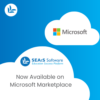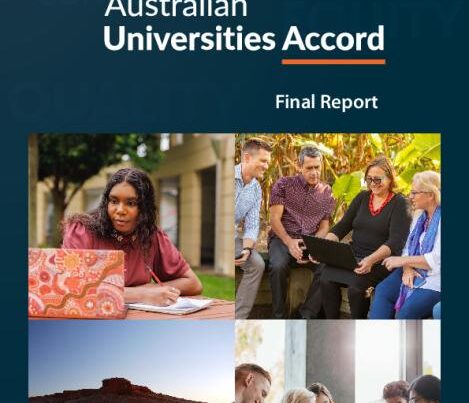Education is suffering from a student disengagement crisis. Retention and enrolment rates are falling in many Higher Education institutions around the world, K-12 schools are experiencing rampant student absenteeism and progression decline, and poor student mental health has been widely reported. The acceleration of these issues is in no small part due to the pandemic and the transformative effects it has had on education.
So how do we support students and improve student engagement in the new digital age of education?
Understanding the Student Engagement Issue
One of best ways to understand the student disengagement crisis is to listen to students. Along with modern education delivery has come the modern student. More and more students enrolling in Higher and Further Education are non-traditional. This is precisely what the ‘equitable access to education’ campaign has been hoping to achieve. However, non-traditional students are not as well served by traditional models of education.
Listening to the needs of modern students by far gives the greatest insight into the decline in student engagement.
What Students are Saying
Recent student surveys have found that more and more students are expecting resources to be available online. Students want a flexible learning experience. Their modality preferences have shifted. Since the beginning of the Pandemic, students have enjoyed the accessibility and flexibility of hybrid or HyFlex learning. For many, it is the only way they can experience Higher or Further Education.
Students increasingly want services such as academic support, career counseling, and personal tutoring, available online. In some surveys, this is true for as many as 90% of students. For institutions already offering this experience the results are clear. When given an option, students are more engaged and likely to show up.
An example from Lehman College of the City University of New York, shows that online mentoring can be equally valuable to support in-person, hybrid, or fully online teaching and learning. Stanford University has reported using recent advances in education technology and online learning to improve educational outcomes and provide greater student support.

Tools to Think About
The simple answer to the student disengagement issue really is flexibility. A blended, hybrid learning model of education is one that is truly inclusive and equitable. Some of the common tools and methods being implemented by institutions and recommended by experts include:
- Digital Support: Making accommodations such as virtual office hours and giving students the option of receiving academic, financial or wellbeing support online. This can have a huge impact on student engagement with services, their academic progression and ultimately their success.
- HyFlex Teaching Model: Hybrid-Flexible or HyFlex teaching gives students the option of attending class in-person, synchronously online, or asynchronously online. This model allows students to engage with their course in their preferred modality.
- Student Mobile App: One of the biggest complaints from students is that the digital experience offered by their institution and the technology they use is outdated. Introducing a student mobile app that allows students to engage with their learning, follow their progression and request support can significantly improve student engagement.
- Advanced Learning Analytics: Using analytics across student engagement data points is critical to identifying the pitfalls and assets of your model and system. Without real-time actionable insights, institutions are working in the dark to make a difference and support students.
Improving student engagement across the education industry will require strong leadership and innovative institutions. Institutions that see the value in the long-term investment of new methods and the necessity of overhauling old systems will be at the forefront of enhancing student engagement.
As the expert panel determined in the EDUCAUSE 2022 Horizon Report on the optimal future of higher education & hybrid learning, teaching and learning experiences need to be built from and centered on the needs of students.








